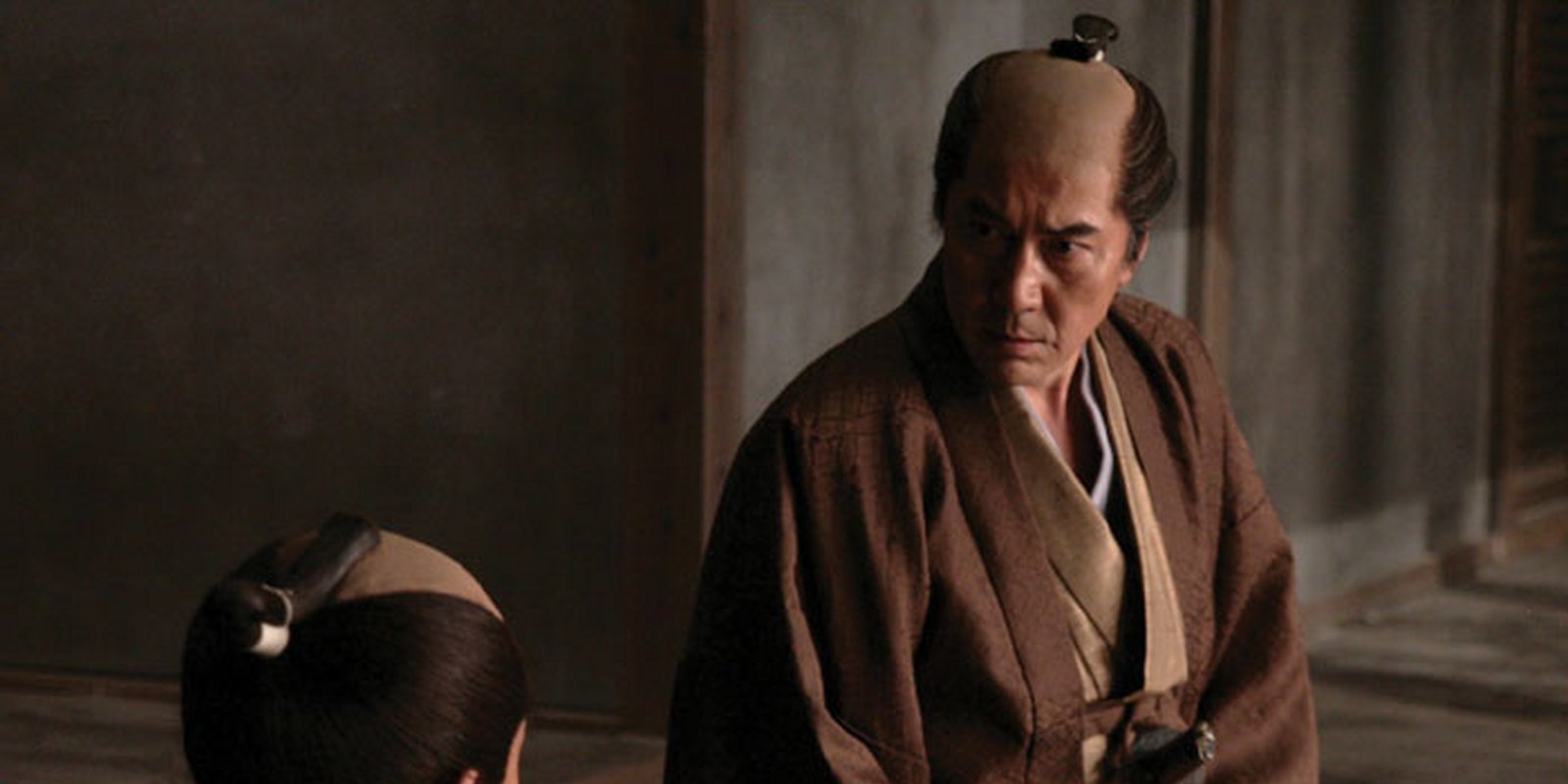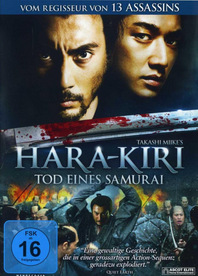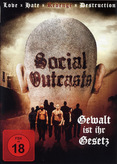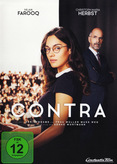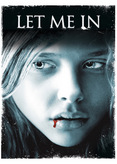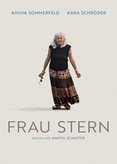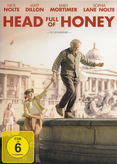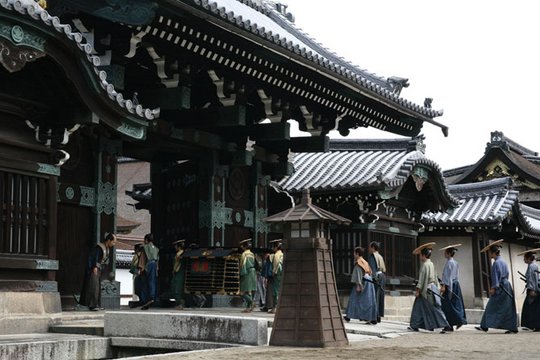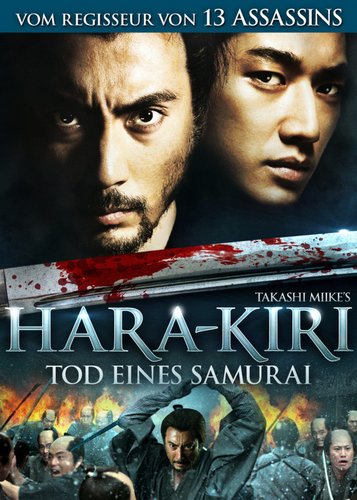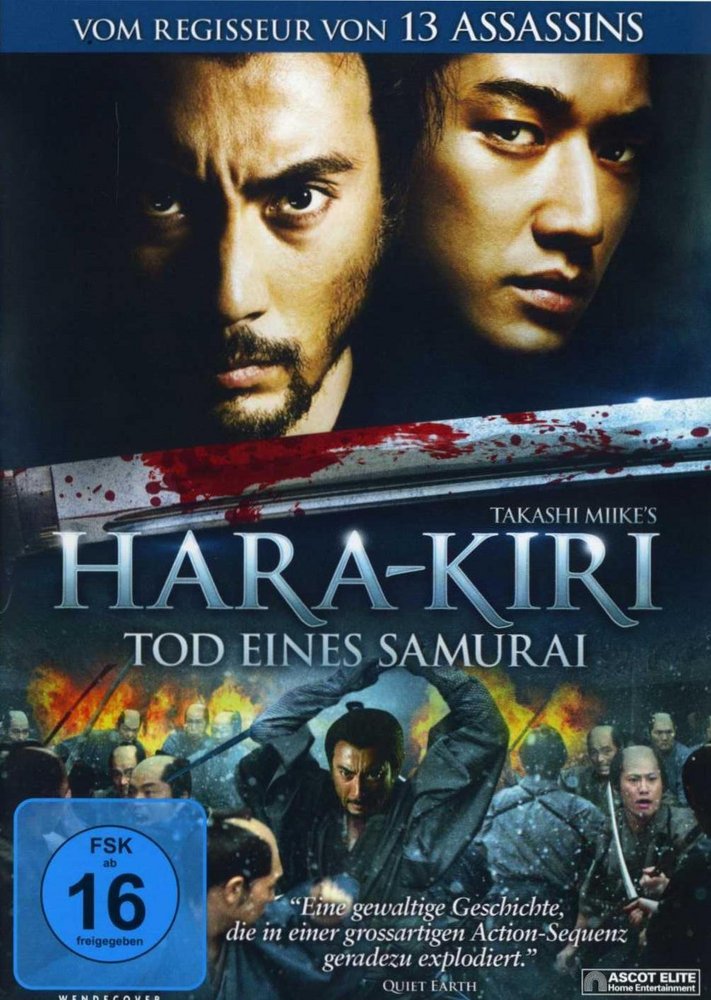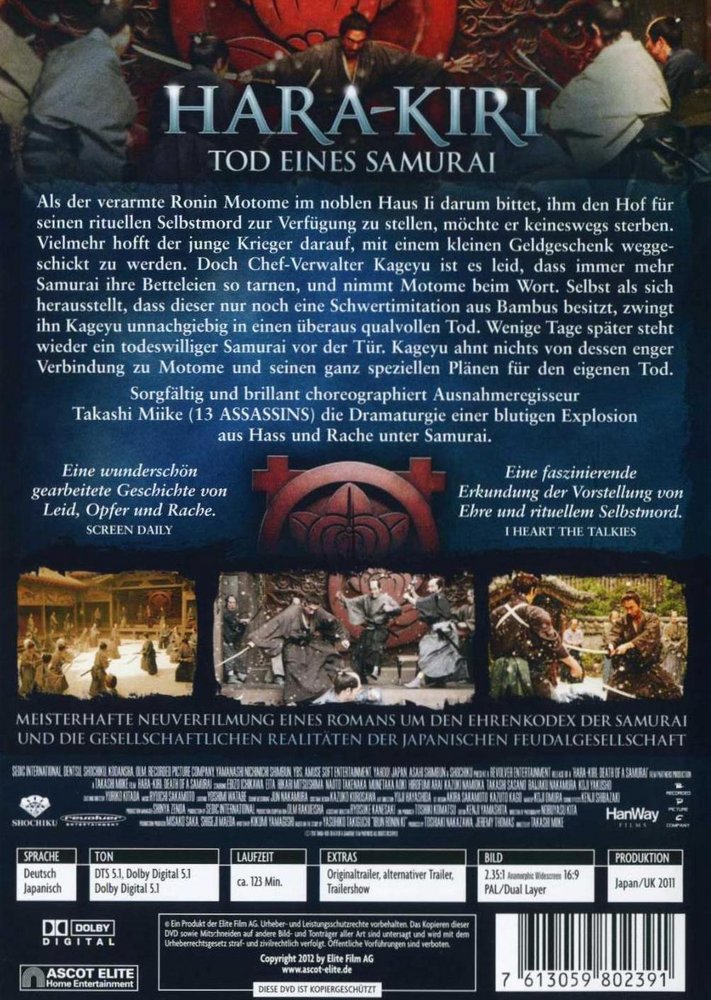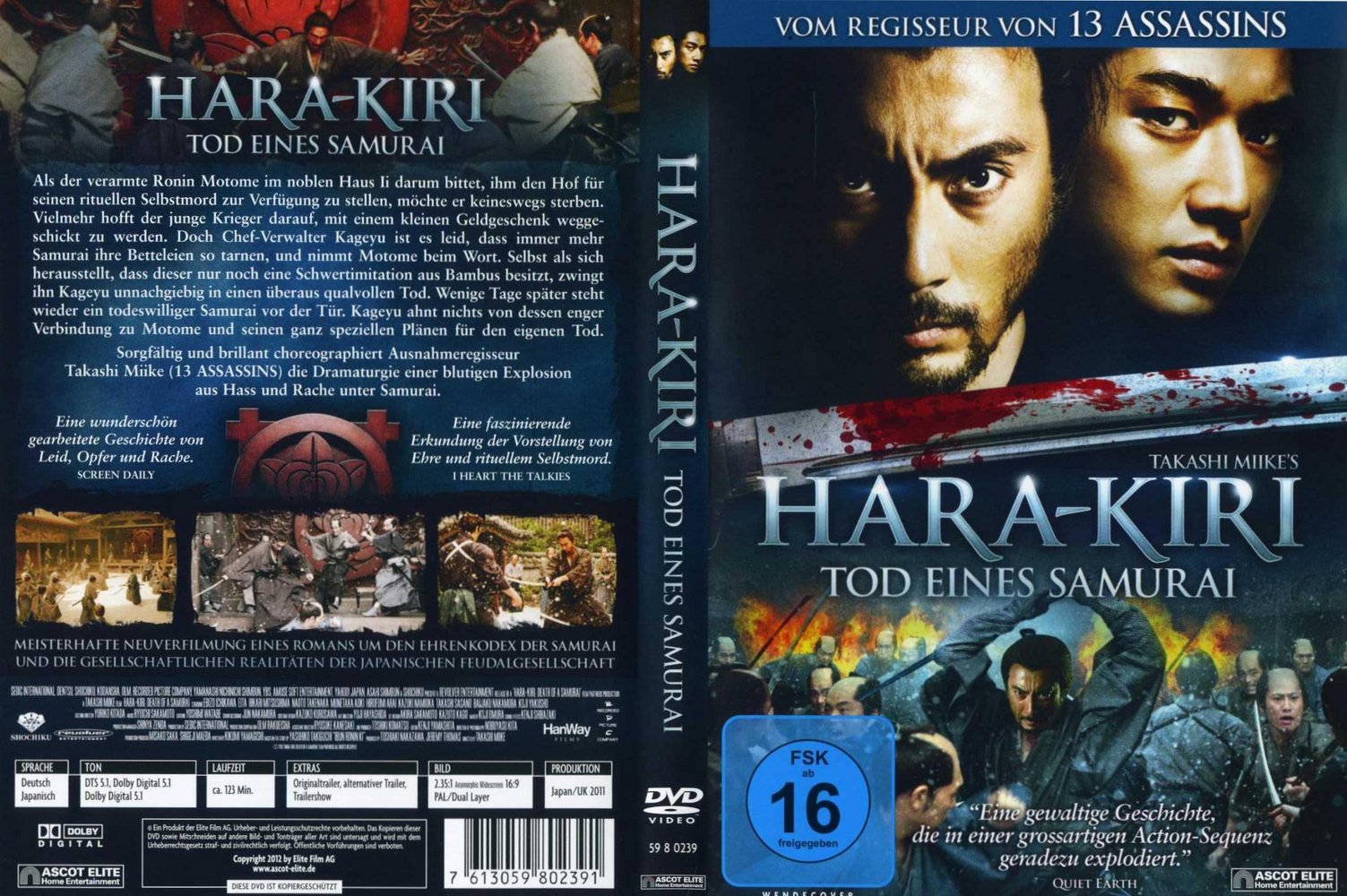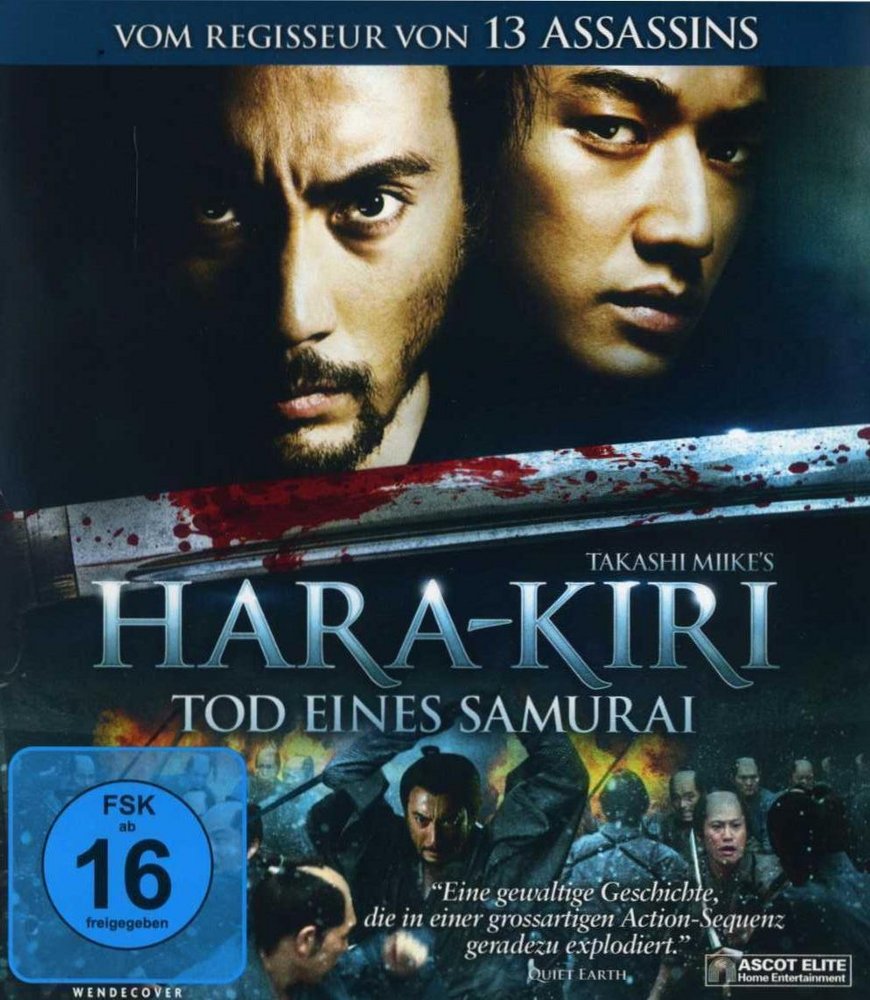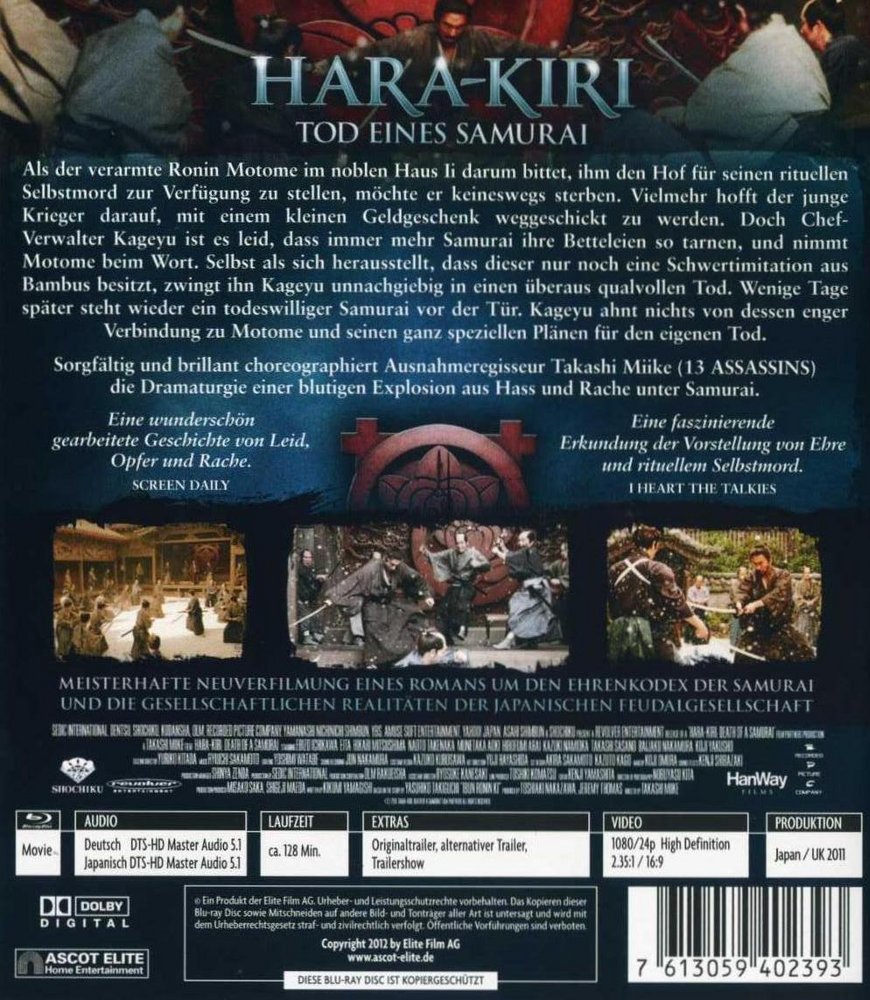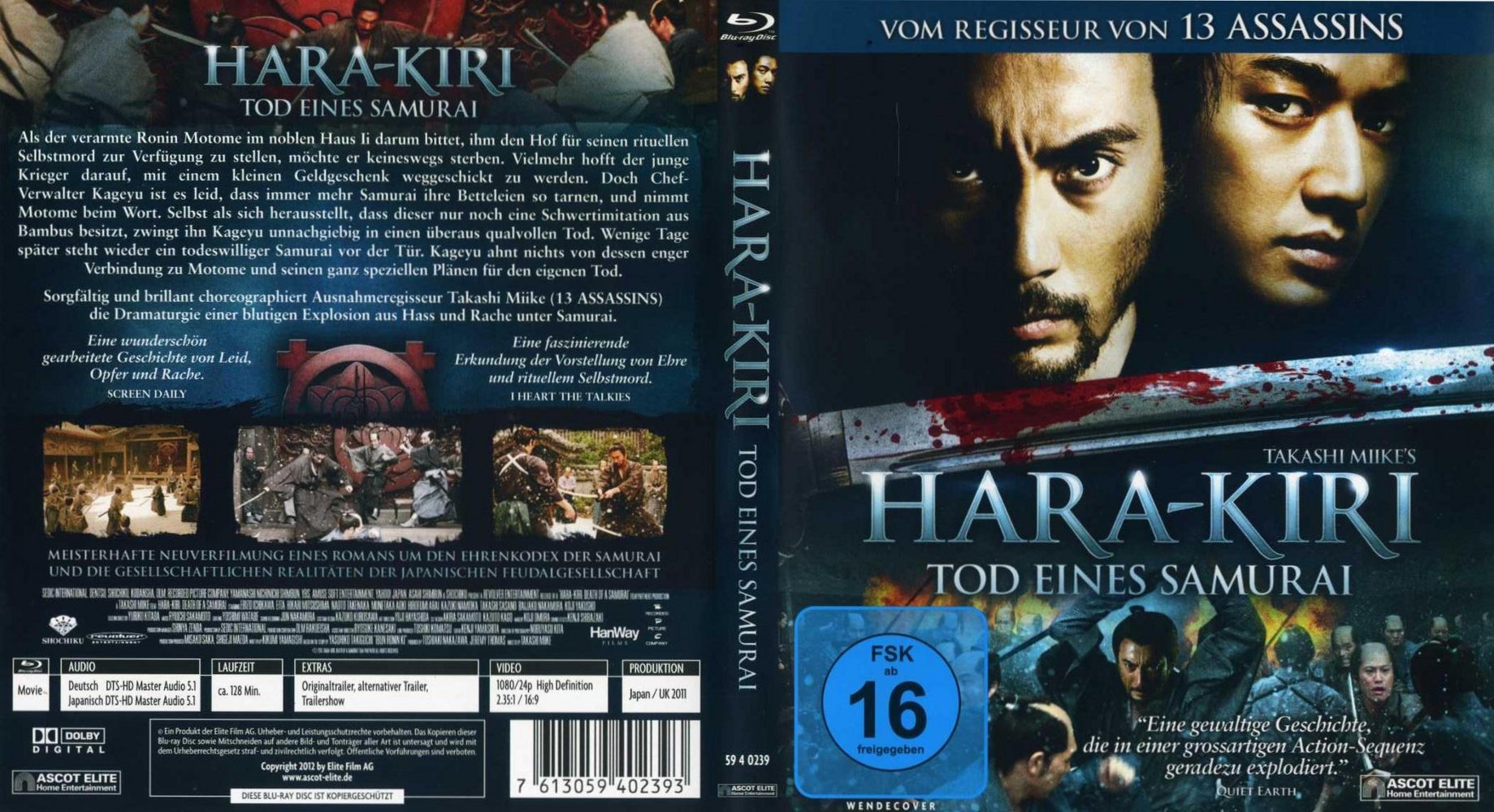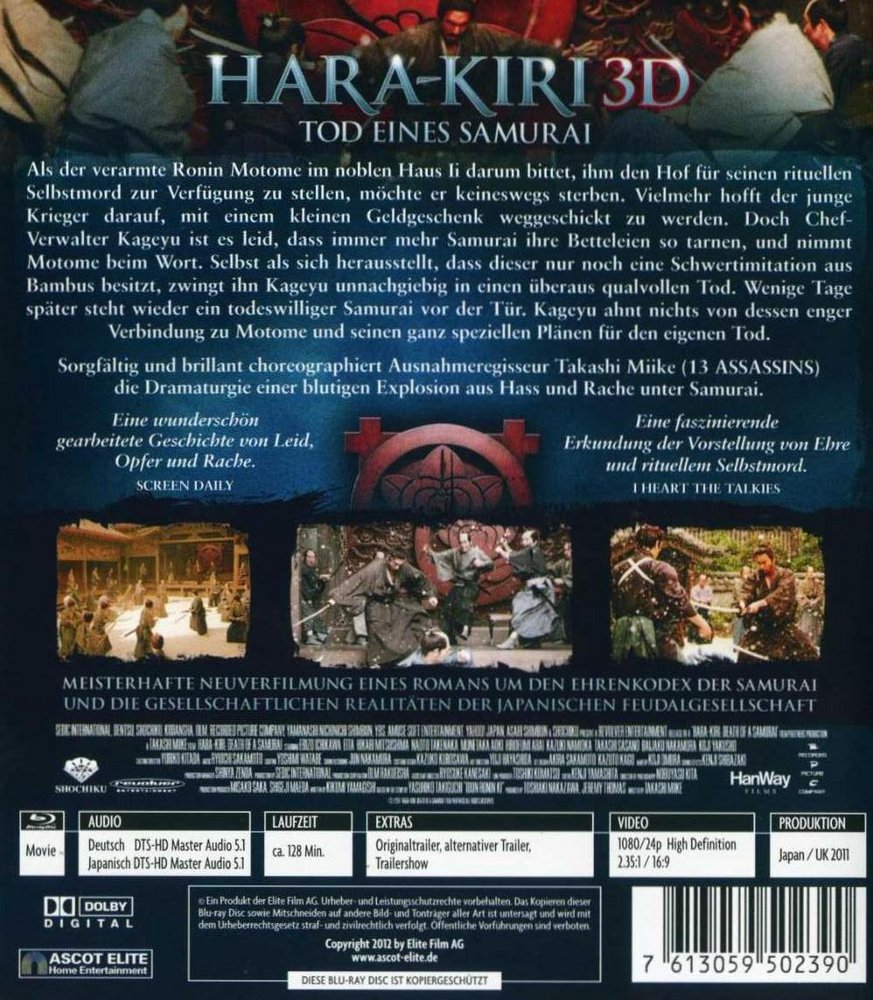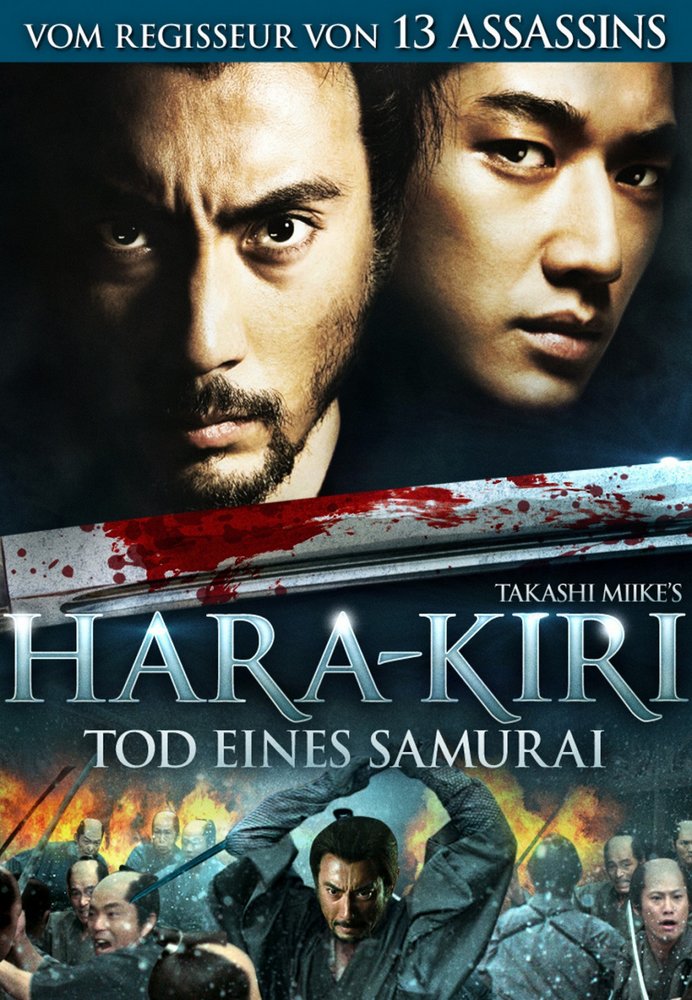Als der verarmte Ronin Motome Chijiiwa (Eita) im noblen Haus Ii darum bittet, ihm den Hof für seinen rituellen Selbstmord zur Verfügung zu stellen, möchte er keineswegs sterben. Vielmehr hofft der junge Krieger darauf, mit einem kleinen Geldgeschenk weggeschickt zu werden. Doch Chef-Verwalter Kageyu Saito (Kôji Yakusho) ist es leid, dass immer mehr Samurai ihre Betteleien so tarnen, und nimmt Motome beim Wort. Selbst als sich herausstellt, dass dieser nur noch eine Schwertimitation aus Bambus besitzt, zwingt ihn Kageyu unnachgiebig in einen überaus qualvollen Tod. Wenige Tage später steht wieder ein todeswilliger Samurai vor der Tür. Kageyu ahnt nichts von dessen enger Verbindung zu Motome und seinen ganz speziellen Plänen für den eigenen Tod...
Sorgfältig und brillant choreographierte Ausnahmeregisseur Takashi Miike die Dramaturgie einer blutigen Explosion aus Hass und Rache unter Samurai. Nach seinem furiosen '13 Assassins' (2010) gibt sich Regie-Rebell Miike in 'Hara-Kiri - Tod eines Samurai' (2011) ein weiteres Mal klassisch und tritt mit seinem neuen Samurai-Film in die Fußstapfen von Altmeister Masaki Kobayashi, der in den 60er Jahren bereits diese tragische Rachegeschichte um verarmte Ronin verfilmte. Dabei setzt Miike auf den harten Kontrast zwischen äußerst drastisch geschildertem rituellen Sterben und einem bewegend erzählten Schicksalsdrama, um schließlich ein kompromissloses Rachefeuerwerk zu zünden. Wo Kobayashi die Welt der Samurai im frühen 17. Jahrhundert mit strenger Linienführung in Schwarz-Weiß gestaltete, setzt Miike atemberaubend farbige Akzente und nutzt die weiten Möglichkeiten, die ihm die neue 3D-Technologie bietet. Die internationalen Filmfestspiele in Cannes wählten Miikes beeindruckendes Samurai-Epos dafür als ersten 3D-Film überhaupt für den Wettbewerb um die 'Goldene Palme' aus. Mit 'Hara-Kiri' können Sie sich jetzt die meisterhafte Neuverfilmung eines Romans um den Ehrenkodex der Samurai und die gesellschaftlichen Realitäten der japanischen Feudalgesellschaft leihen.
Weiterlesen »
When the impoverished Ronin Motome asks Chijiiwa (Eita) in the noble House II to make the farm available to him for his ritual suicide, he does not want to die at all. Rather, the young warrior hopes to be sent away with a small gift of money. But chief administrator Kageyu Saito (Kôji Yakusho) is tired of more and more samurai camouflaging their begging in this way and takes Motome at his word. Even when it turns out that he only has an imitation sword made of bamboo, Kageyu relentlessly forces him into an extremely agonizing death. A few days later, another samurai willing to die is at the door. Kageyu has no idea of his close connection to Motome and his very special plans for his own death...
Carefully and brilliantly, exceptional director Takashi Miike choreographed the dramaturgy of a bloody explosion of hatred and revenge among samurai. After his furious '13 Assassins' (2010), director rebel Miike once again takes a classic look in 'Hara-Kiri - Death of a Samurai' (2011) and follows in the footsteps of old master Masaki Kobayashi, who already filmed this tragic revenge story about impoverished Ronin in the 60s. In doing so, Miike relies on the harsh contrast between extremely drastically depicted ritual dying and a movingly told drama of fate, in order to finally ignite an uncompromising firework of revenge. Where Kobayashi designed the world of the samurai in the early 17th century with strict lines in black and white, Miike sets breathtakingly colorful accents and uses the wide possibilities offered by the new 3D technology. The Cannes International Film Festival selected Miike's impressive samurai epic as the first 3D film ever to compete for the 'Palme d'Or'. With 'Hara-Kiri', you can now borrow the masterful remake of a novel about the samurai code of honor and the social realities of Japanese feudal society.
More »

